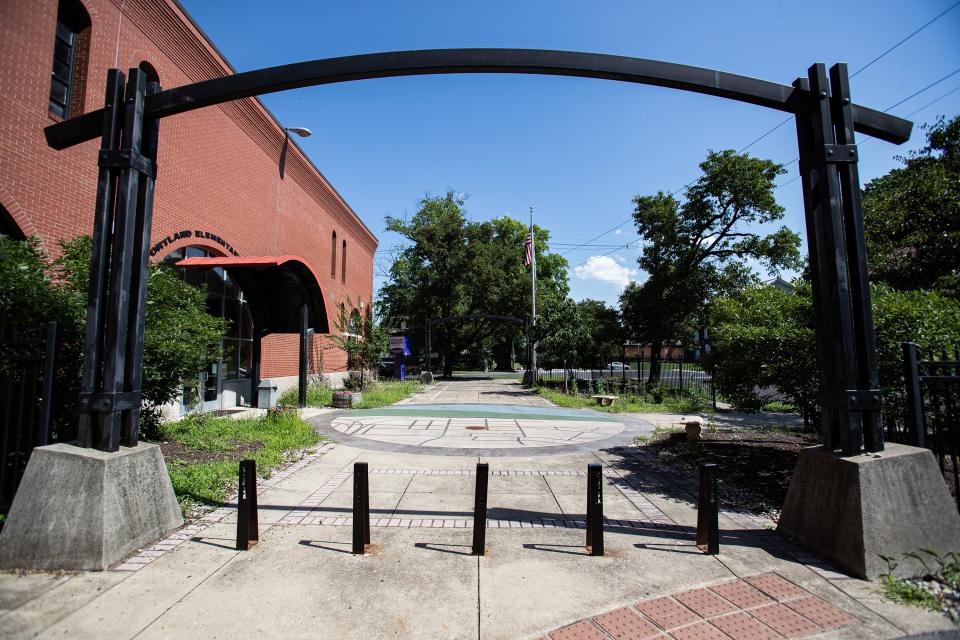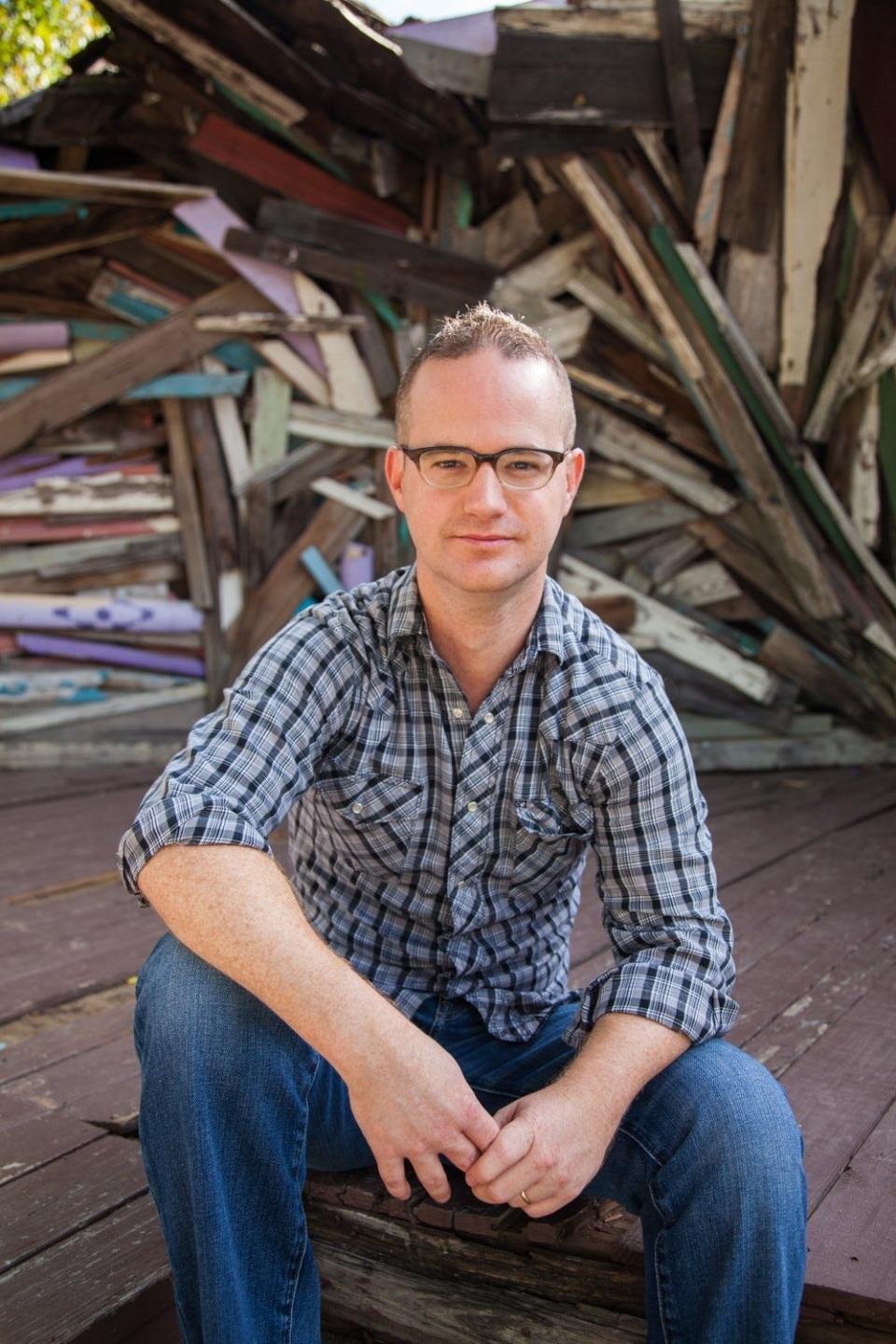JCPS' white majority school board hurts Black students. We have the power to change this.
I am the proud father of two Portland Elementary Panthers. It is a school I cherish because it has cherished my children and their friends with a kind of love that builds solidarity. It is precisely my love of Portland Elementary and the West End where I live that often places me at odds with our city’s leadership and white members of our school board. The white majority rule made the voices of the mothers and fathers of my community mute as white board members wielded their power to place us on a dangerous path of disinvestment.

Since moving to Louisville, I have heard our city’s politicians claim to love Louisville’s West End and I have even seen Black Lives Matter signs dot the lawns of East Louisville’s affluent enclaves. But the great thing about public policy is that it is not sentimental. It's about public dimes and dollars. Who citizens love and are ready to learn from is made clear by who their politicians listen to and where the politicians place their money. When it's voting time, everyone knows the price people are ready to pay to stand in solidarity with their neighbor and their own ideals—and exactly when their convictions and the cost of cherishing Black children becomes too much to bear. Time and again JCPS’ white school board members leave Black families to bear the brunt of our society’s brokenness all alone. Even progressive cities have their limits.
JCPS repeats history with another bad busing decision, affecting Black families.
JCPS want complicity. We must rise above and incite change.
And I get it. Budgets. Limited resources. Difficult decisions. Politicians will ask an enraged public to be realistic. But what they are really asking us is to be complicit in their decisions by pretending that what our children, teachers and educational institutions need to thrive must be subordinate to other demands upon our city and its citizens’ coffers; by pretending deeper investments cannot help under-resourced schools and students; by pretending that no alternatives exists than a system that produces private opulence for select citizens and public squalor for so many communities. But the truth is that we have the power to make better choices and deeper investments in the children and communities we say we cherish.
And though I may know anger and at other times rage, I confess that I do not know any easy answers, possess a magical wand or a silver bullet. But I know this: I know that we can rebuild. I know that it is from the rubble and debris of our painful past that we can craft a better way forward. I know school board members who don’t prioritize the needs of Black children must be voted out of office by parents of white children. I know that change—substantive, radical, meaningful change—becomes inevitable when our children’s needs and gifts become more compelling than the fear of embracing radical changes in priorities and policies.
We must survive the disaster we find ourselves in today, and yet we must simultaneously dream and work for the day when our schools not only survive but thrive. For far too long, the educational system we created has reflected the deep brokenness of a society riven by race and wealth. It is time to imagine a school system that reflects our deep commitment to a future united and empowered by our children’s dreams and deepest desires. Louisville is not unique in the challenges we face. But Louisville can be in how we respond. And our response will not be the work of a year, or an election cycle, but of a generation who is ready to do the work and learn the lessons rebuilding requires.

Joel Edward Goza is a professor of ethics and the Director of Strategic Partnerships at Simmons College of Kentucky, Louisville’s only HBCU.
This article originally appeared on Louisville Courier Journal: JCPS' decisions hurt Black students
